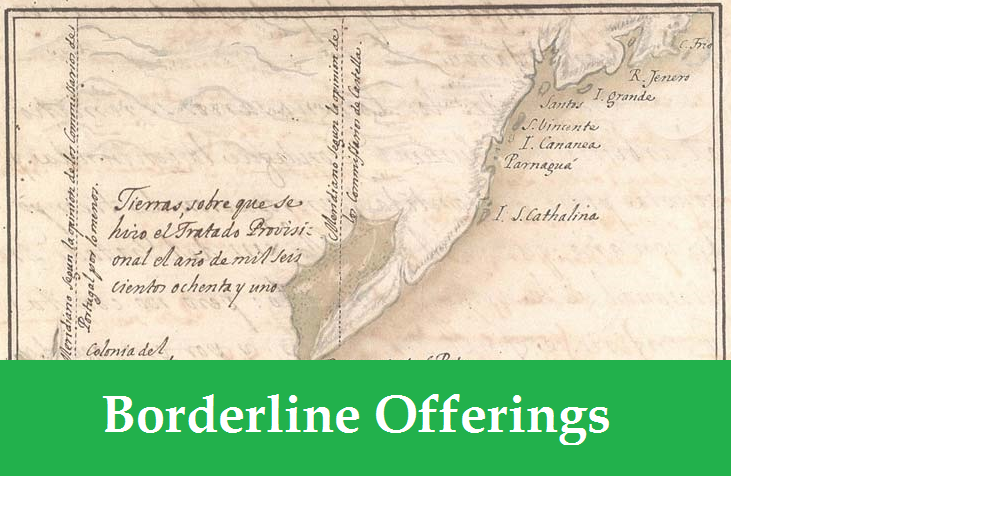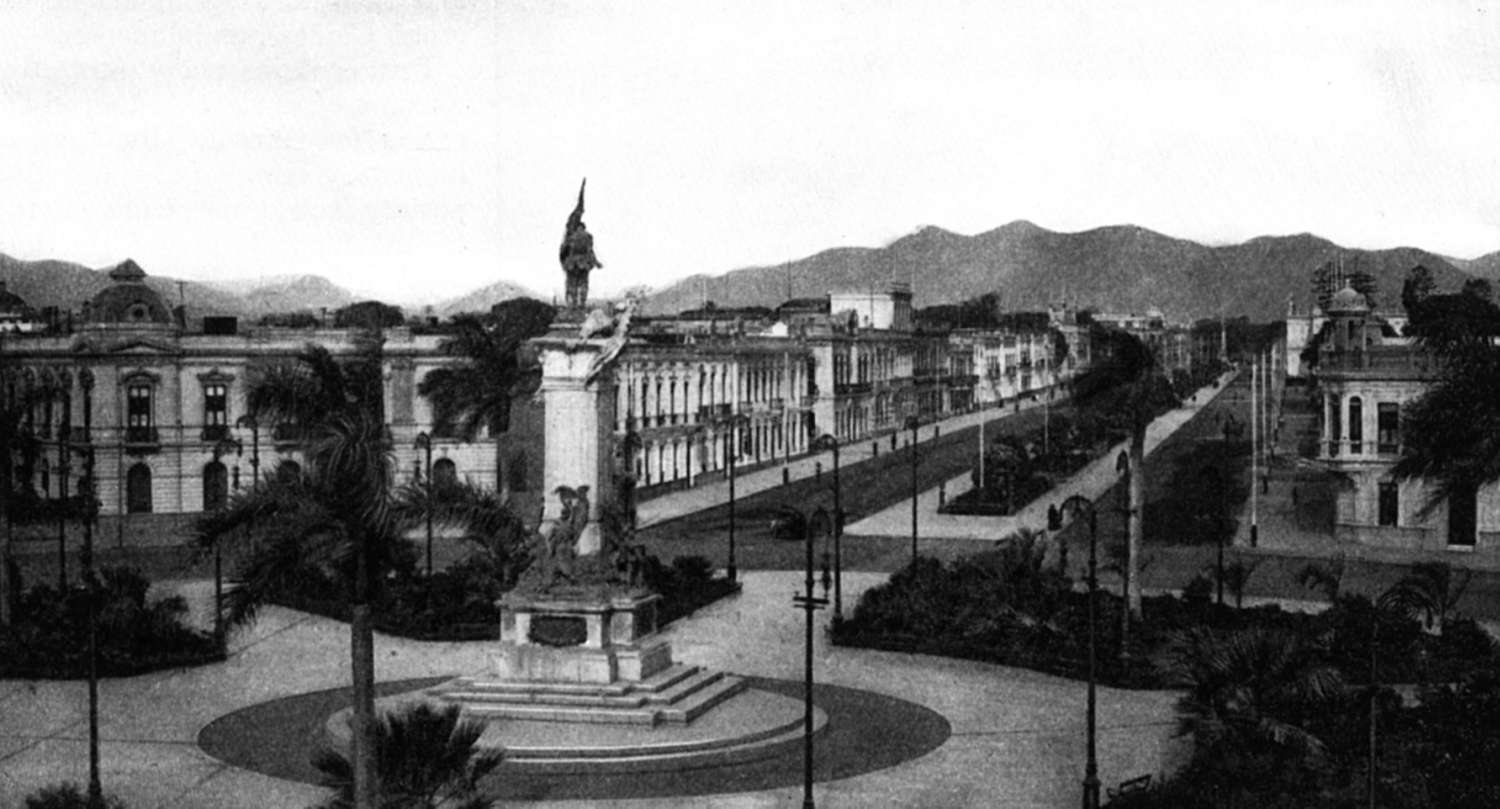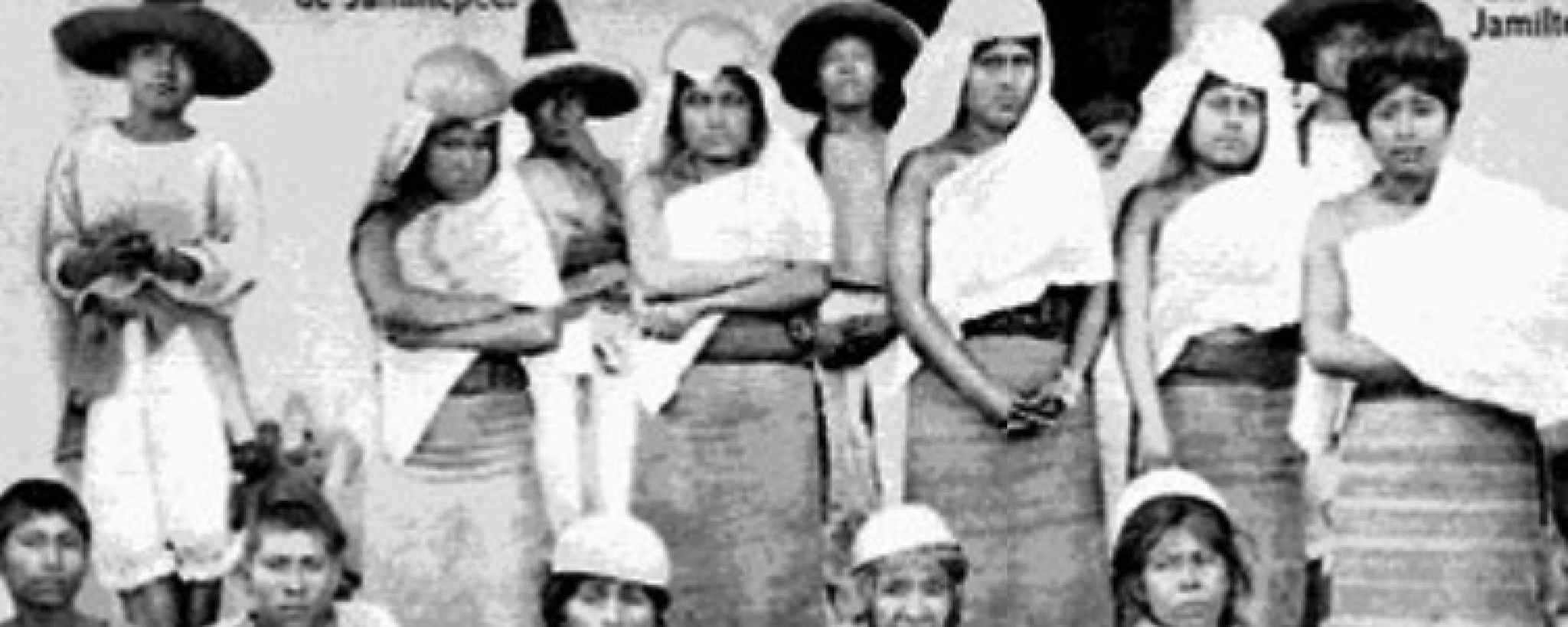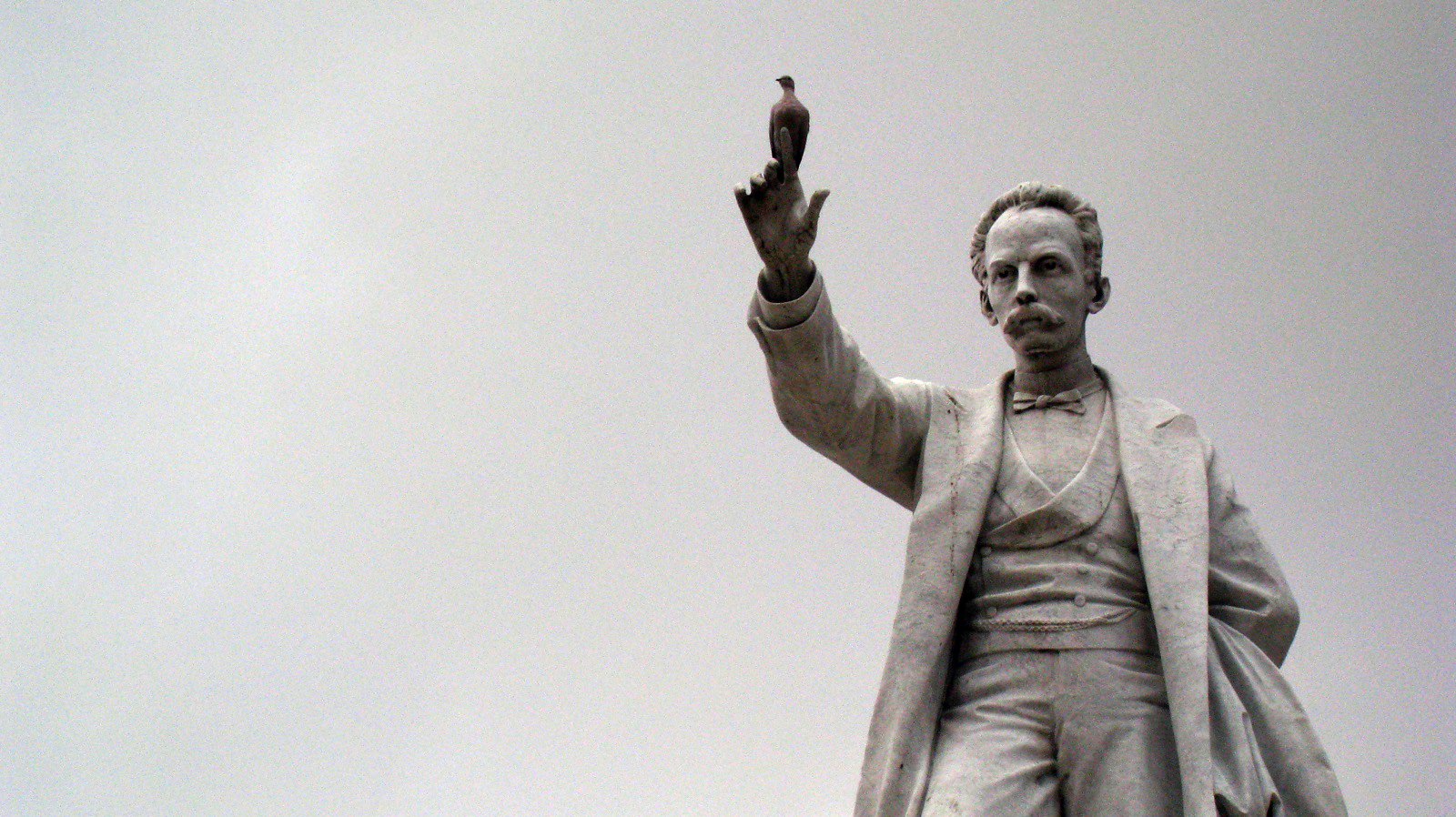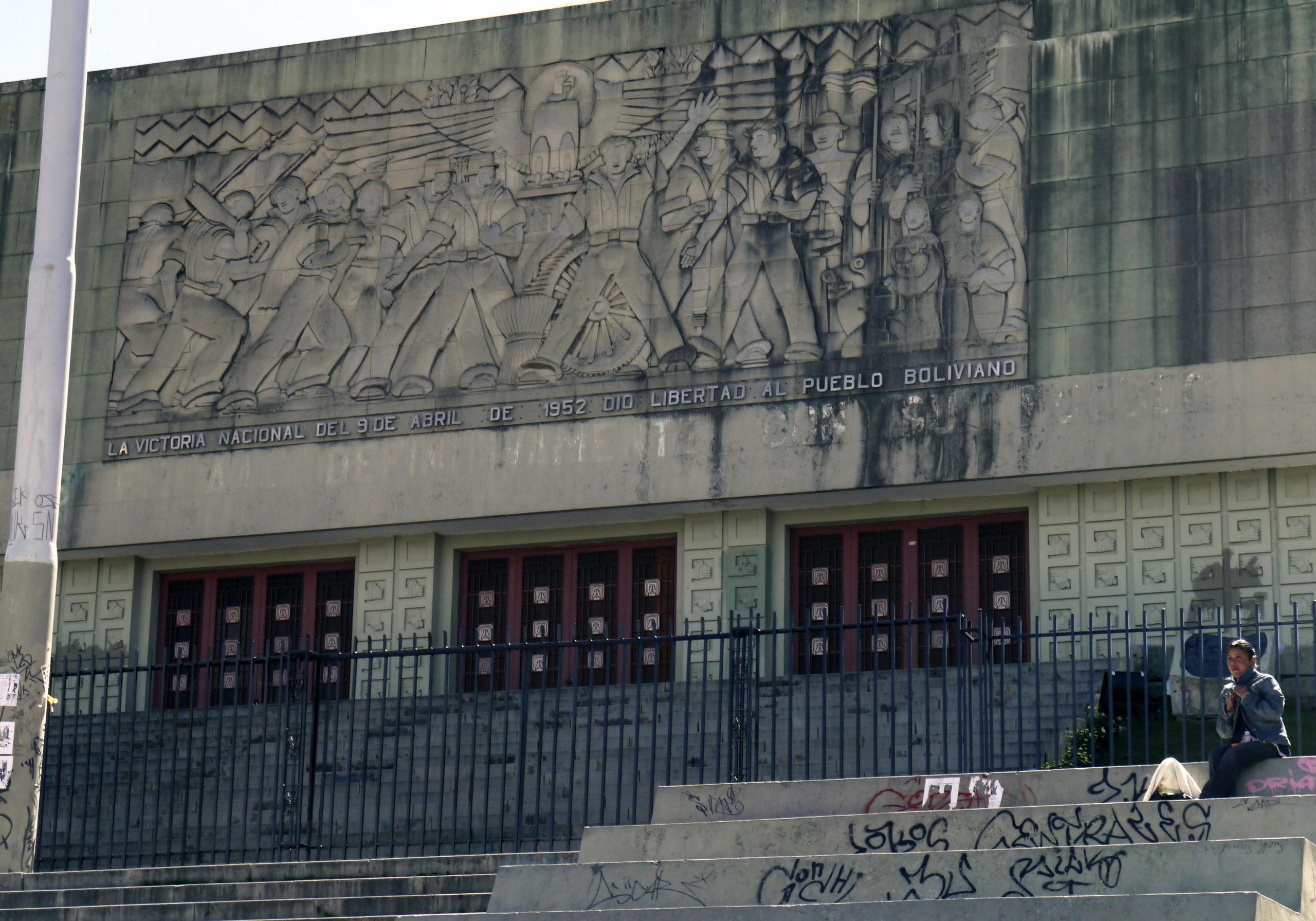GIS maps for Jeffrey A. Erbig Jr., “Borderline Offerings: Tolderías and Mapmakers in the Eighteenth-Century Río de la Plata”
Em seu artigo interativo para a HAHR 96:3, Jeffrey A. Erbig Jr. usa tecnologia de sistema de informação geográfica (SIG) para mapear a construção dinâmica de fronteiras no rio da Prata no século XVIII como parte de uma complexa negociação entre caciques indígenas, líderes locais e as coroas ibéricas. Leia o artigo aqui e clique nos links para interagir com os mapas SIG, que permitem visualizar em grande detalhe os esforços dos caciques locais em relação a essas fronteiras. …

